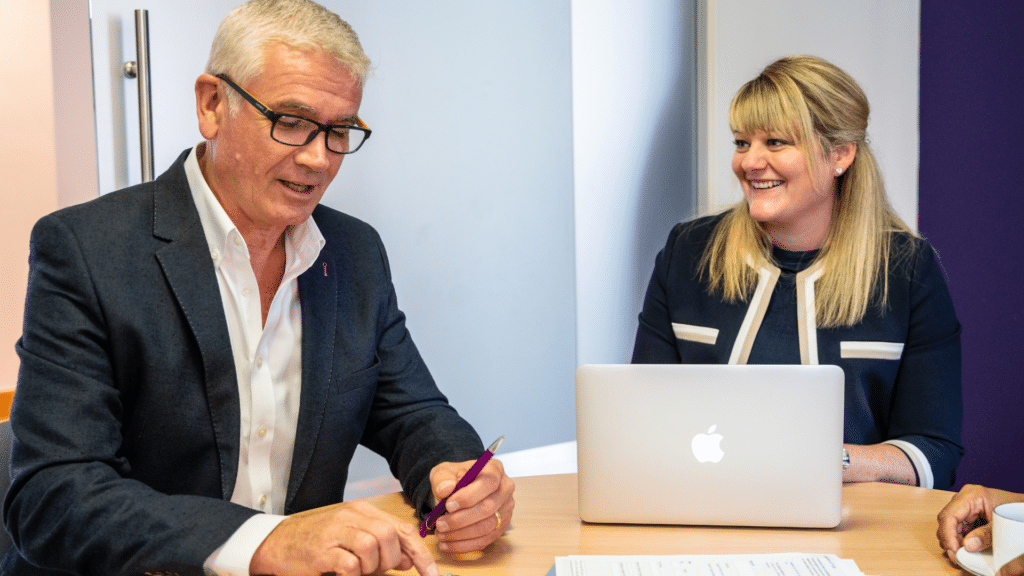Is Mediation and other alternatives to the traditional Court process the way forward in Family cases?
‘Yes’ is the resounding answer from two senior family law solicitors at Thursfields Solicitors. Laura Williams and Hannah Nicholls are also trained mediators and are witnessing firsthand the benefits to client’s that resolving their family disputes outside of the Court arena can bring.
The use of mediation and other dispute resolution processes has been widely encouraged by senior family judges and other professionals who work with children and families for some time, however it has only more recently started to gather more publicity and popularity with lawyers and their clients.
Why is this? The overwhelming pressure on the Court’s is certainly a factor, which is resulting in court proceedings taking significantly longer to conclude. It is not unusual for cases involving disputes over child arrangements to take over 12- 18 months to resolve (and even longer in some cases), and for cases involving the dividing of family assets significantly longer. Not only does this place an enormous emotional strain on children involved, and the family, but it also means legal costs are increasing significantly.
But it is not only the delays and attributable costs of the court system which are resulting in the increasing participation in mediation and other processes. The Court process, for dealing with all types of family dispute, is unpredictable and complex. There is no guarantee that a Judge or bench of Magistrates will make a decision that you feel is right for you or your family. They do not know you or your children and only have a snapshot of insight into the family dynamic. Although your lawyers can advise you on the considerations that the Court must have when making informed decisions, they cannot tell you with any degree of certainty exactly what order a Court will make. This is because the Court has a wide discretion when making Orders in family cases, and what one Judge may feel is fair and appropriate in the circumstances, may be notably different to that of another.
The Court process is also combative in nature. It heightens tensions and conflict rather than appeasing it. This can lead to long term and irreparable damage being caused to family relationships, individual family members mental health, and the ability of that family to be able to parent their children in a way that they want to and what will be of most benefit to their children in the long term.
Mediation offers an alternative where couples and family members can attempt to address and resolve their issues in a neutral, safe, and impartial environment. A trained mediator will assist by facilitating discussions in an attempt to resolve issues which are in dispute. The aim is for families to find an informed way forward which they decide for themselves and having control over decisions which can work practically, financially, and emotionally for them in the long term. The process allows for parties to continue to take legal advice in the background should they wish to so that they can be assured they are making informed decisions.
Other processes such as Arbitration, early neutral evaluation, collaborative law, and solicitor round table meetings should also be explored with clients early on in the family breakdown, as they are also processes designed to limit conflict and assist in reaching resolution at an early stage.
Court proceedings will of course still be necessary in certain circumstances, but it is important that full consideration is given, both at the outset and during the process, as to whether an alternative can and should be implemented in order to provide the best possible outcome in the long term.
For advice contact Hannah Nicholls and Laura Williams on 0345 20 73 72 8 or info@thursfields.co.uk




